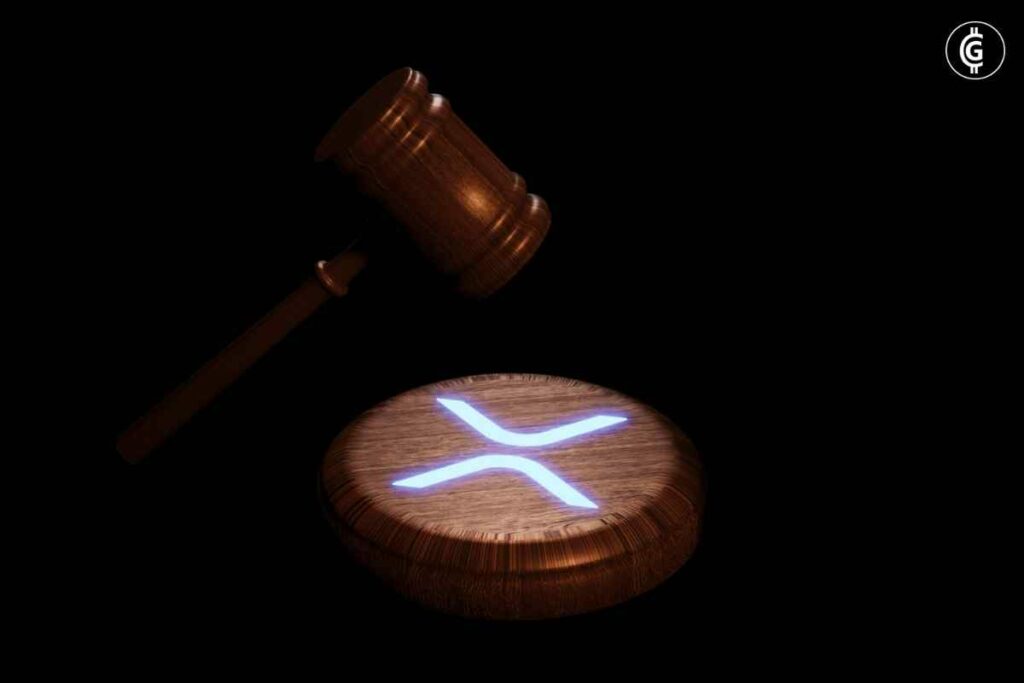Coinbase, US based cryptocurrency exchange has come out in support of Ripple in the XRP lawsuit. The crypto exchange has filed a request in the court to submit an Amicus Brief in support of Ripple’s Fair Notice Defense. However, Coinbase was one of the first platforms to delist and halt trading in XRP after the US SEC filed a lawsuit against Ripple.
Coinbase alleges wide gap in SEC regulations
As per the filings, Coinbase holds a unique perspective on the issues between the SEC and Ripple. Formally, the crypto exchange has petitioned the Commission to provide guidance to the market by making clear rules. It is important that market participants should have a better understanding and idea of what to expect in the future.
Coinbase believes that there is a major gap in the regulatory framework built for digital assets. However, Ripple must be granted to pursue fair notice defenses in affairs where it can face surprise enforcement actions like this.
Coinbase states that it is a violation of law that the SEC didn’t provide fair notice to Ripple that its conduct is illegal.
XRP similar to BTC and ETH?
It highlighted that back in 2020, the SEC alleged that XRP was a “security”. This allegation alone caused huge harm to market participants. US platforms went on to delist the XRP after the lawsuit was filed.
This eventually resulted in a $15 billion decline in the XRP’s market capitalization. While this also led to significant losses to its customers. However, Coinbase highlighted that XRP was very similar to Bitcoin and Ether. While XRP was the third largest crypto behind BTC and ETH by market cap before the XRP lawsuit was filed.
It is important to note that the filing mentions that by suing sellers of XRP tokens after making public statements signaling that those transactions were lawful. The US watchdog has lost sight of this bedrock principle, it added.
The presented content may include the personal opinion of the author and is subject to market condition. Do your market research before investing in cryptocurrencies. The author or the publication does not hold any responsibility for your personal financial loss.

